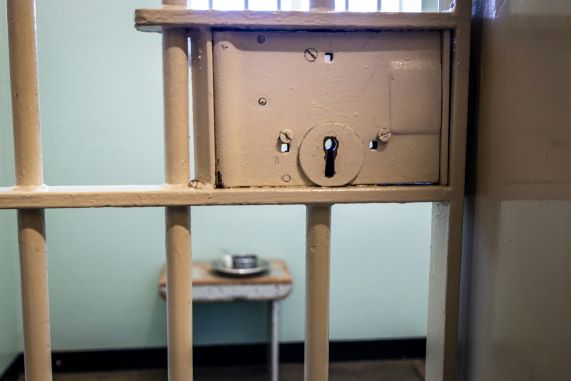
Minute of Concern: The Death Penalty (adopted 10 November 2002)
We members of the Religious Society of Friends (Quakers) have accepted a call to “answer that of God in everyone.” Accordingly we oppose the imposition of the death penalty under any circumstance, and for any reason.
We recognize that some individuals will commit unspeakable acts, will cause horrible pain and irreconcilable loss. Furthermore, some will do these things voluntarily, sanely, and deliberately, and will be fairly convicted in a court of law with full benefit of counsel, and we will have no reasonable doubt about their guilt. Repelled, frightened and even angered by such acts, we nevertheless oppose the death sentence. (We do not, however, oppose removal of such individuals from open society, for the remainder of their lives if deemed necessary.)
We further admit that we Quakers are, generally, middle class persons of European descent. Most of us live in “nice” neighborhoods, surrounded by people just like us, and we face a risk of homicide that is far lower than that danger faced by those who live in the inner city, or by persons of color, or by other minority groups. The chance that one of us would be convicted, or even accused, of committing a homicide is essentially zero. Thus we have to agree, that whatever this nation’s policy is on the imposition of the death penalty, and whatever effect that policy has on what happens to its residents, such policy has little direct effect on our own sheltered lives. Nevertheless, we must persist in our opposition to the death penalty. We speak out in obedience to a religious leading that we cannot ignore.
We pay close attention to the vigorous debate on the “pros and cons” of the death penalty. For the most part, this debate is not centered on religious matters, but rather instrumental ones: that is, whether the death penalty is a general deterrent against murder, whether it brings “closure” to the victims, whether the innocent are sometimes executed, whether the penalty is unfairly imposed against persons of color, the poor, whether it is too expensive, and so on. Our opposition to the death penalty, based on religious beliefs, does not depend on the resolution of these matters. To debate them, we think, would imply that we could be convinced otherwise of our opposition to the death penalty, something that is not wholly the truth.
Nevertheless, we believe that sober and careful analysis will prove that the death penalty does not deter murderers, that the innocent are sometimes executed, that the majority of our nation would favor life sentences over the death, and that a system that does not impose the death penalty would be cheaper, more effective, less divisive, and more in accord with the general moral and religious beliefs of this nation, and of the world. We support a careful and honest search for the truth in all these matters. To this end, we join cause with those calling for a moratorium of the death penalty.
